
Budget for range hood installation costs based on factors such as fan type, duct system, professional labor, ductwork, and more.
The average cost to install a garbage disposal is $550


Garbage disposal installation costs range from $150 to $950, with an average price of $550.
Various factors, including unit type, labor, wiring, and accessories, influence the total cost.
Professional installation ensures safety and compliance with local codes.
Choosing between continuous-feed and batch-feed disposals affects both cost and functionality.
Upgrading with accessories can enhance performance but may increase the overall expense.
This article was updated using automation technology and thoroughly reviewed for accuracy by HomeAdvisor Editor Ryan Noonan.
Garbage disposal installation costs an average of $550, with prices ranging from $150 to $950. Key factors affecting the cost include unit type, labor fees, wiring needs, and additional accessories. While you might consider installing it yourself to save money, hiring a professional ensures proper installation and compliance with local codes, preventing potential plumbing or electrical issues. Factors like your location, the size and quality of the disposal unit, and whether you need extra wiring or plumbing can influence the overall cost.
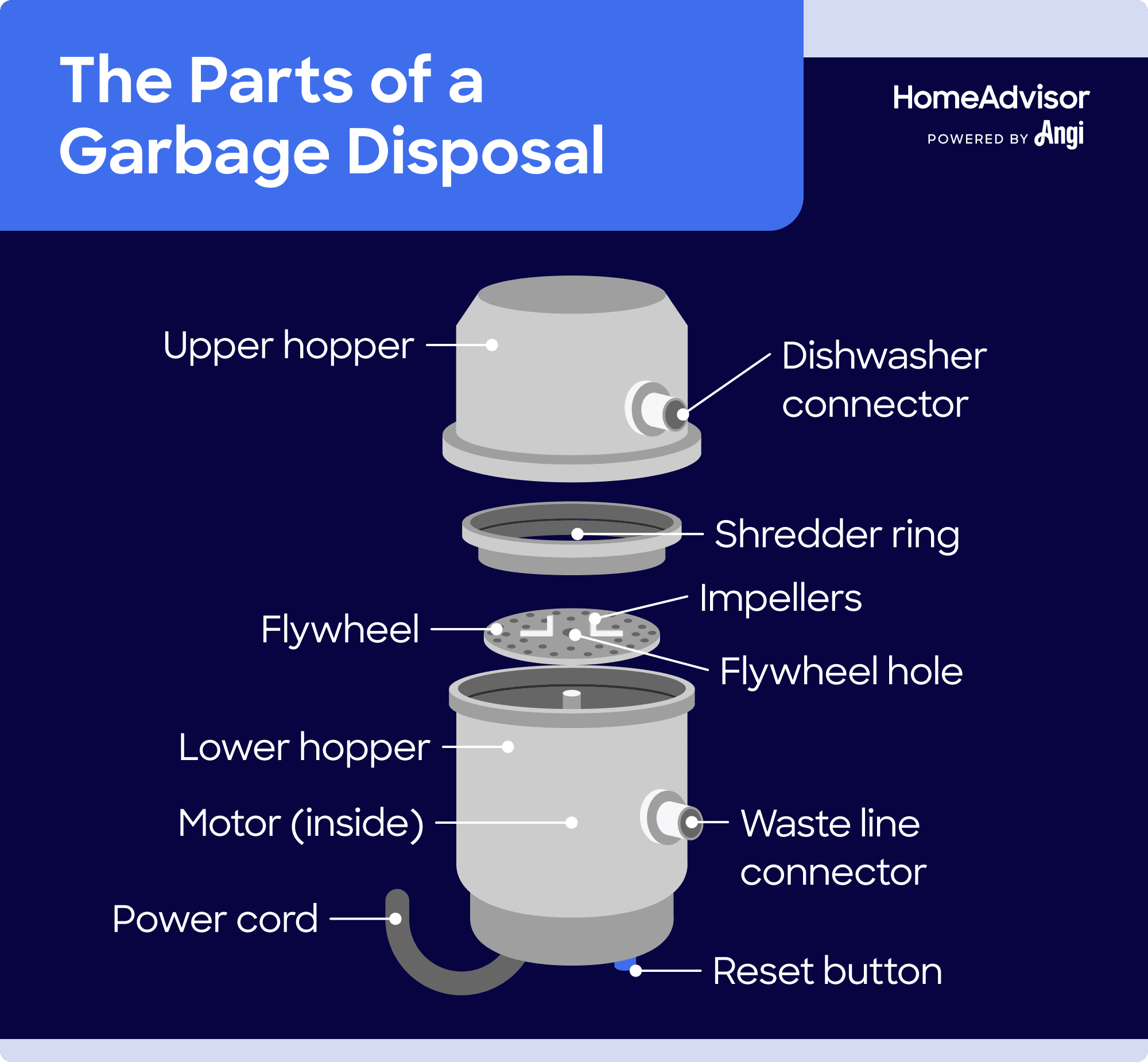
The total cost to install a garbage disposal depends on several factors, including labor, the type of unit you choose, any necessary rewiring, and the accessories you decide to add.
When choosing a garbage disposal, you have two main options: continuous feed and batch feed. Both send waste through your sewer or septic system but feed it differently.
Continuous-feed disposals cost an average of $260, making them the most common and less expensive option. With this type, you can feed waste continuously as long as the power switch is on, allowing you to dispose of large amounts without delay.
Batch-feed disposals cost an average of $310, and grind your kitchen waste in batches. They work like continuous-feed disposals but have a special cover that keeps other items from falling into the grinder, adding an extra layer of safety.
If your installation requires electrical work to power the garbage disposal, you can expect to pay an electrician between $50 and $100 per hour.
You can enhance the functionality of your garbage disposal with accessories and additional parts. Consider whether one of these upgrades may also be appropriate for use in your home.
| Garbage Disposal Accessory | Average Cost Range |
|---|---|
| Anti-jamming tool | $10–$50 |
| Dishwasher drain connector | $10–$40 |
| Push-button system | $40–$90 |
| Baffle | $5–$45 |
| Septic assist cartridge | $10–$50 |
Dishwasher drain connectors cost between $10 and $40. This mechanism will run your dishwasher water through the garbage disposal, preventing possible clogs.
Countertop push-button kits cost $40 to $90 and help start the garbage disposal when its switch is in an inconvenient location. These devices are usually air-activated.
A baffle is a $5 to $45 tool that keeps unwanted items, such as silverware, from entering the garbage disposal, protecting both your silverware and the disposal itself from unnecessary wear. It also helps to muffle the unit's sound and prevent splashing while it’s on.
If you have a septic tank, consider a septic assist cartridge, which costs $10 to $50. This device helps break down food and solid waste, reduce strain on your septic system, and deodorize and drain sink odors.
The cost to install a kitchen faucet averages $260, with prices going up as high as $364, depending on the type and finish. The cost of a plumber or handyperson you hire and the equipment price will also impact your final expense.
Garbage disposals are built using one of two materials: aluminum or stainless steel.
Aluminum garbage disposals cost between $70 and $350. They are lighter and less costly than stainless steel units. However, they tend to corrode over time due to moisture exposure.
Stainless steel garbage disposals cost between $400 and $1,200. They won’t rust or corrode as quickly as aluminum and offer better long-term durability against the wear and tear of regular operation.
Garbage disposal strength is measured in horsepower. The higher horsepower your unit has, the stronger its grinding abilities. However, higher horsepower also comes at a higher price.
While installing a garbage disposal yourself might save you $90 to $250 in labor fees, it can be tricky and potentially risky. Hiring a professional plumber or handyperson ensures the installation is done correctly, preventing issues like leaks or improper operation.
Plumbers charge $45 to $200 per hour, and handypersons charge $55 to $75 per hour, depending on your location. You'll also need a qualified electrician if any electrical rewiring is required. To ensure your garbage disposal is installed safely and up to code, consider contacting a local garbage disposal professional.
No place is more important than your home, which is why HomeAdvisor connects homeowners with local pros to transform their houses into homes they love. To help homeowners prepare for their next project, HomeAdvisor provides readers with accurate cost data and follows strict editorial guidelines. After a project is complete, we survey real customers about the costs to develop the pricing data you see, so you can make the best decisions for you and your home. We pair this data with research from reputable sources, including the U.S. Bureau of Labor Statistics, academic journals, market studies, and interviews with industry experts—all to ensure our prices reflect real-world projects.
From average costs to expert advice, get all the answers you need to get your job done.

Budget for range hood installation costs based on factors such as fan type, duct system, professional labor, ductwork, and more.
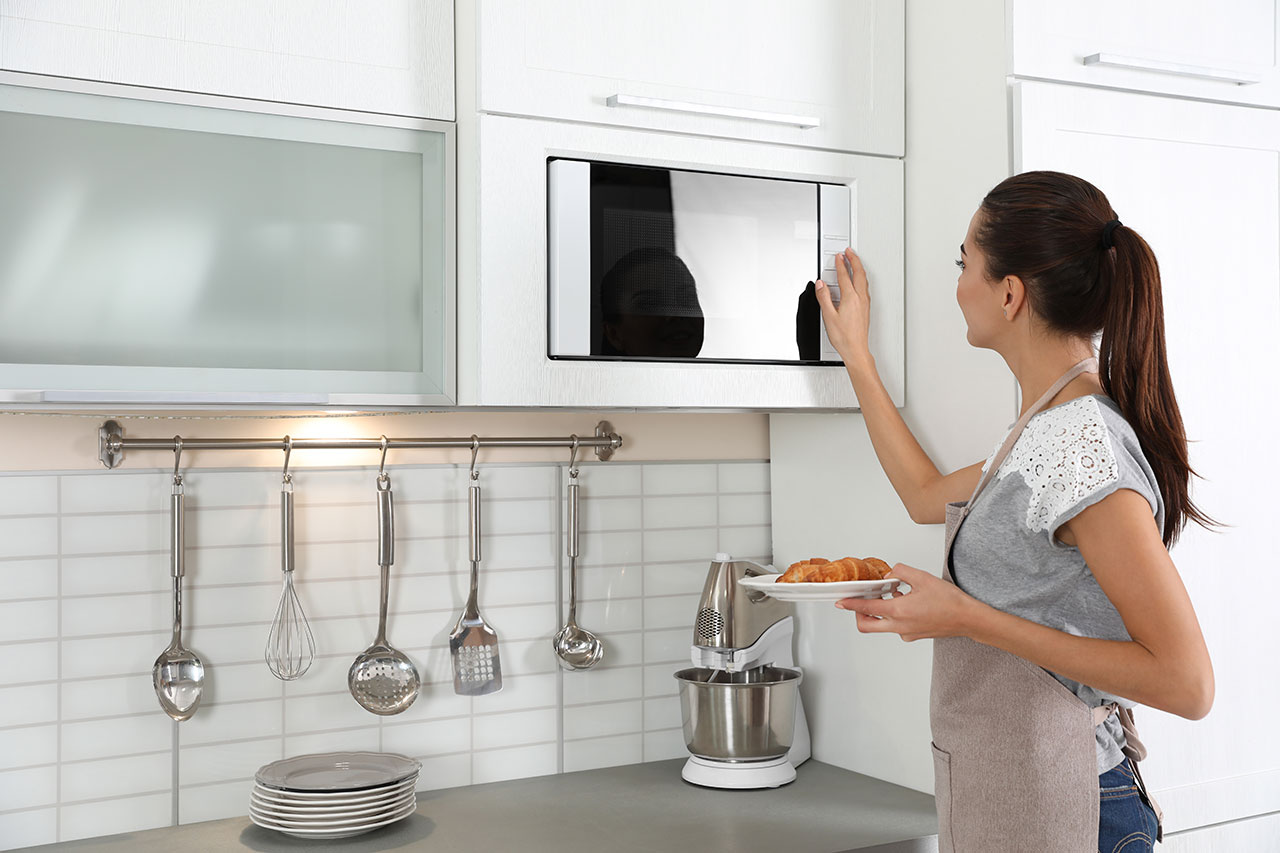
Budget for microwave repair costs based on factors such as parts, what the issue is, microwave type, professional labor, and more.
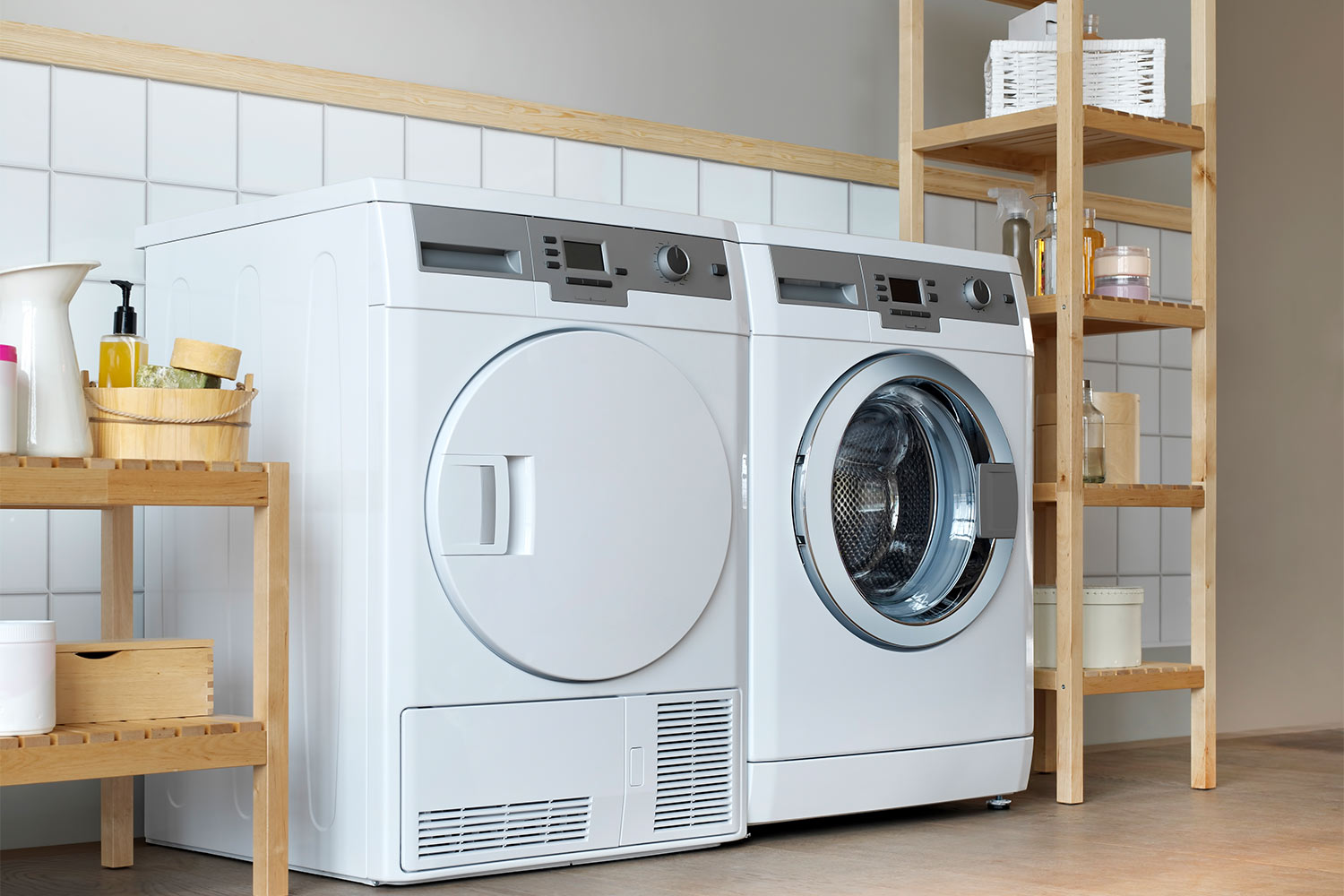
Wondering who installs washer and dryer hookups? See whether to call a plumber or electrician, what’s involved, and the typical $2,000 cost
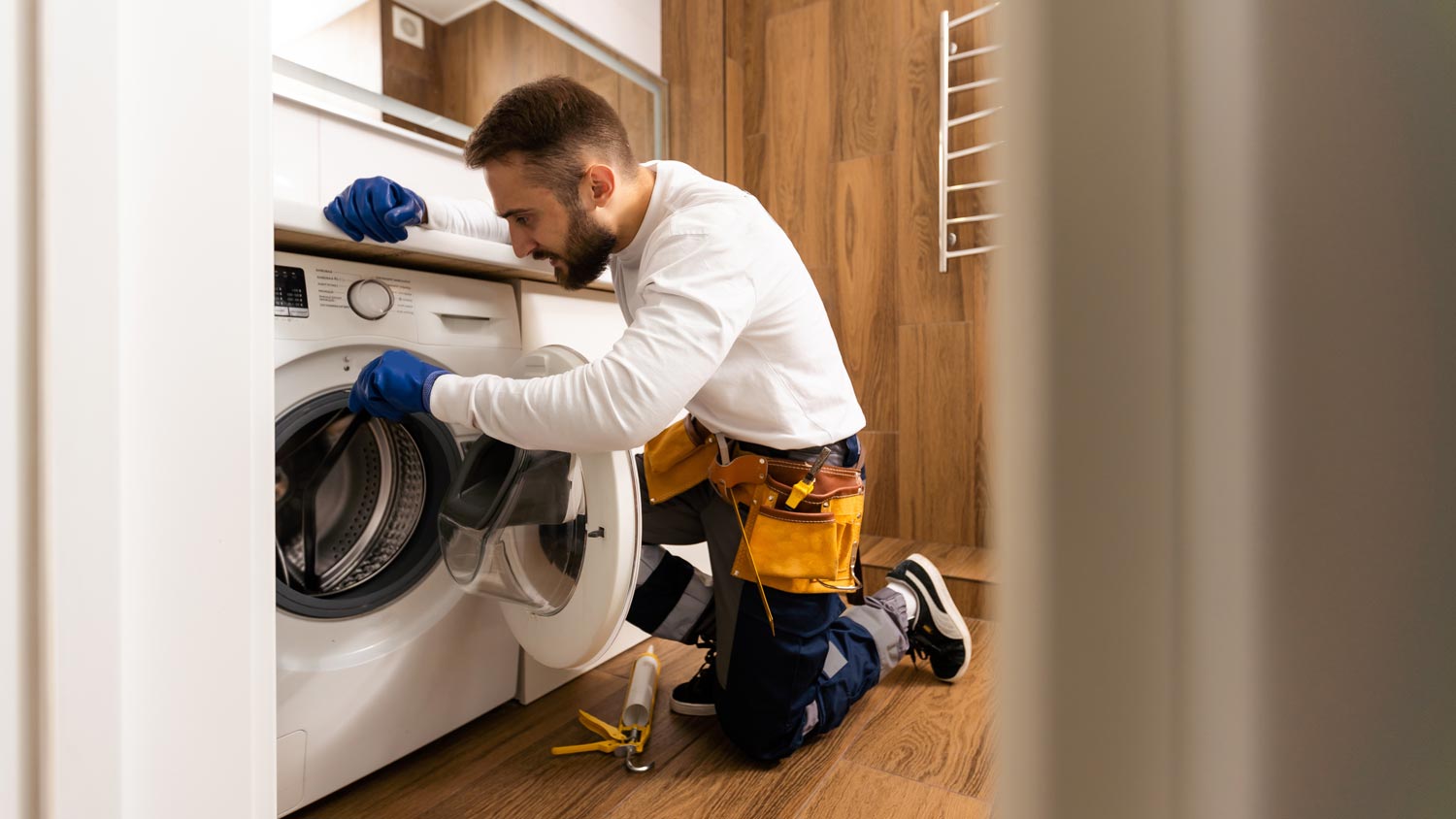
Who fixes washing machines? Find appliance repair pros, what they do, and costs. Get expert guidance now.
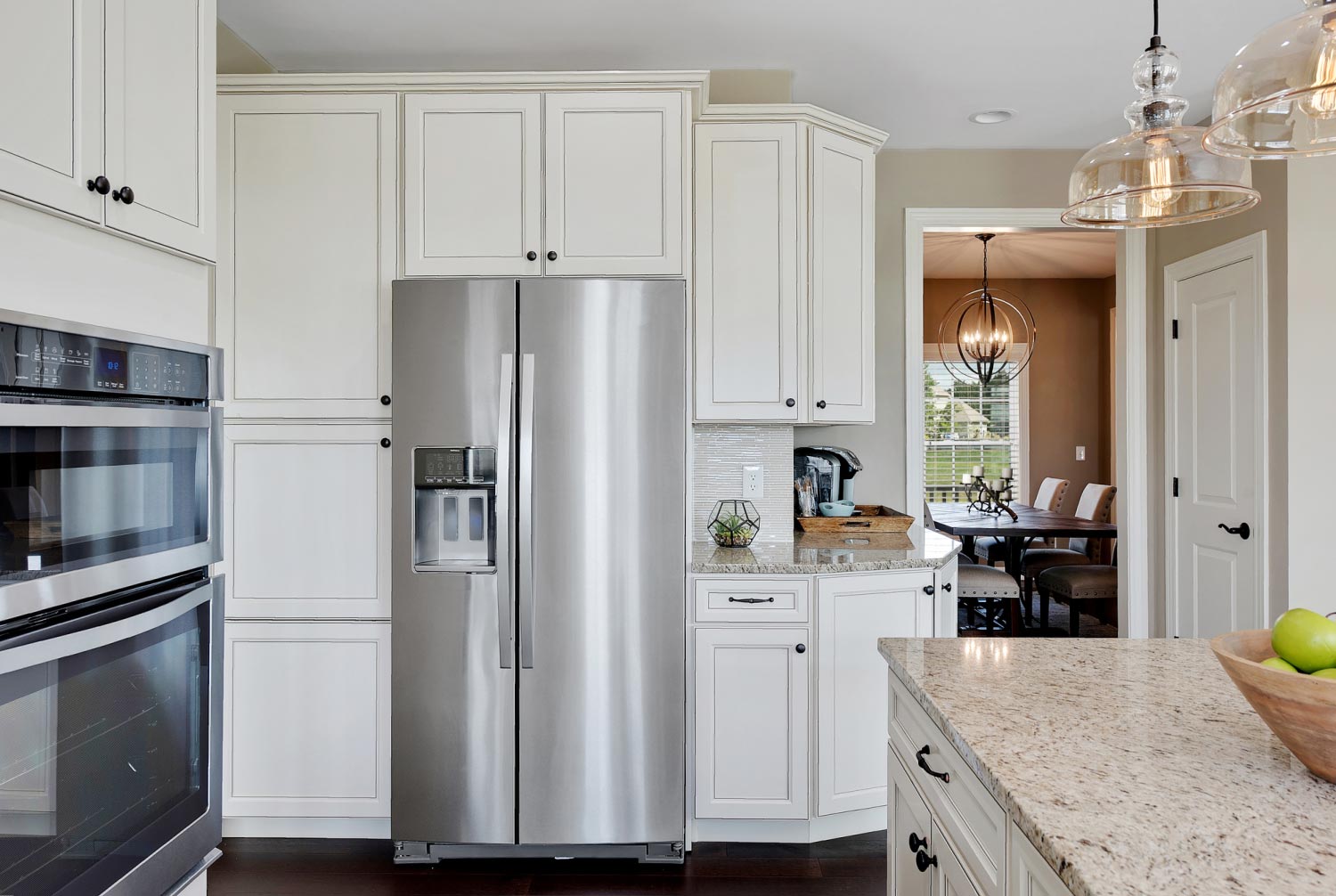
Find out who to call for refrigerator repair. Learn why a licensed refrigerator repair technician is best and when DIY is safe.
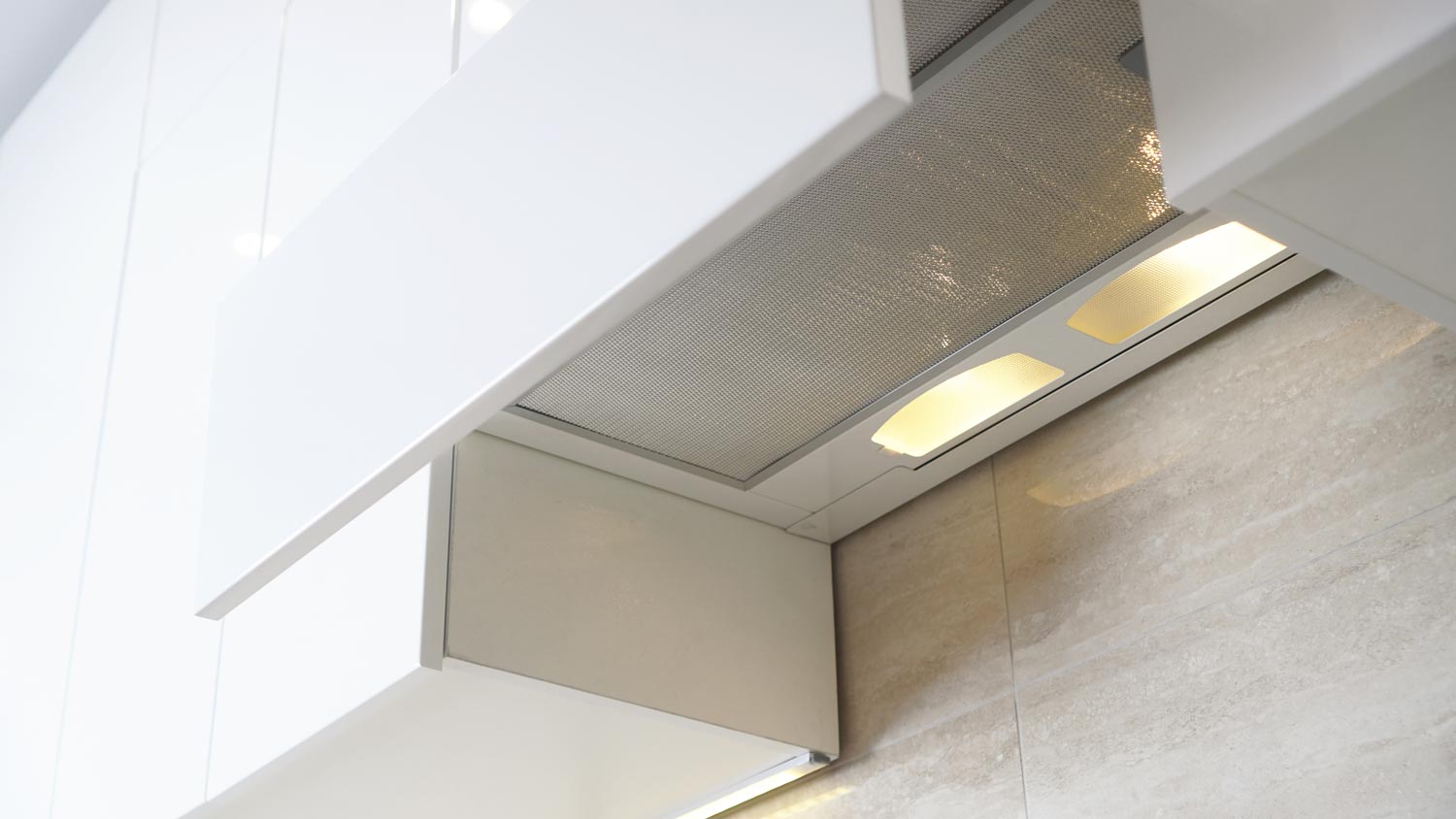
Find out who fixes range hoods and when to call an appliance technician, HVAC pro, or electrician. Learn repair vs. replacement costs and next steps.